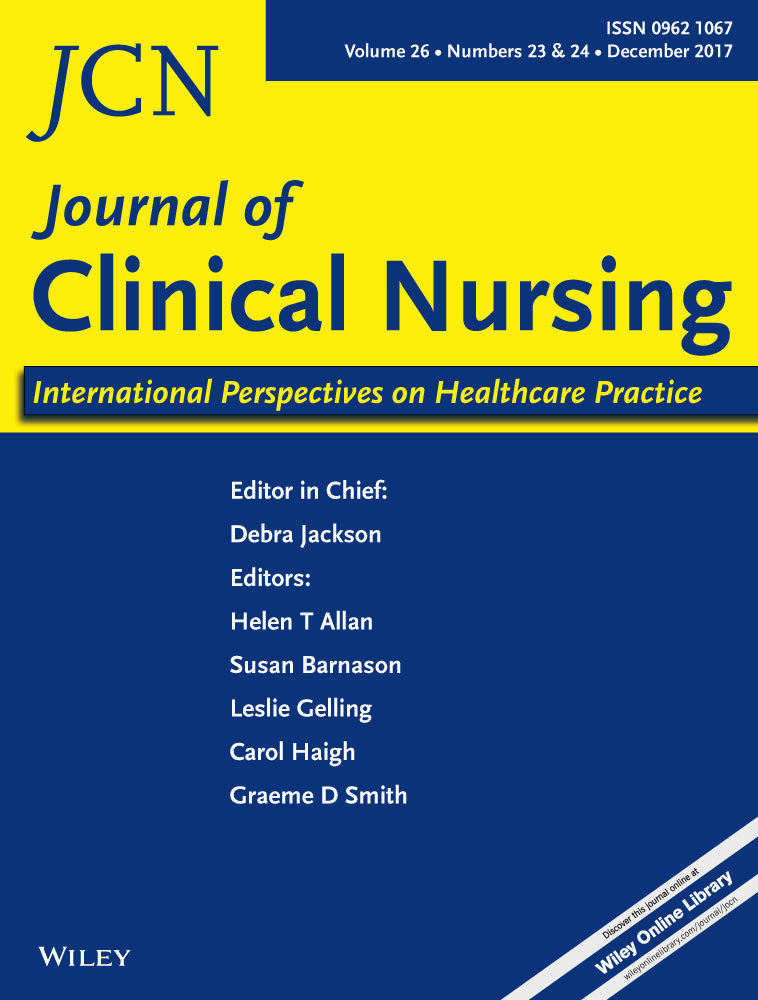The evolving professional identity of the clinical research nurse: A qualitative exploration
Funding information
Swapna Kunhunny is funded by a National Institute for Health Research Masters in Clinical Research studentship
Abstract
Aims and objectives
To examine the perspectives of CRNs in the UK on their professional role identity, in order to inform the professional practice of Clinical Research Nursing.
Background
Clinical research nurses (CRN) make a significant contribution to healthcare research within the UK and internationally. However, lack of clarity about their role, and scope of practice renders their contribution within the profession and in the minds of the wider public invisible. This has implications in terms of promoting the role nurses play not only in terms of recruitment, retention, and care of research participants but also as research leaders of the future.
Design
Exploratory qualitative design using thematic analysis conducted within a realist paradigm.
Results
Participants viewed the positive aspects of their identity ‘as agents of change’ who were fundamental to the clinical research process. Resourcefulness and the ability to guide members of the research team were valued as key to job satisfaction. Successful navigation through the complexity of advice, support, management and leadership tasks related to their role in caring for research patients were role affirming and generated a sense of pride. However, lack of recognition, clarity of the role and career development opportunities within an identified structure undermined the CRN identity and optimism about progression in the future. Participants reported feeling invisible to colleagues within the clinical community, isolated and excluded from wider nursing groups.
Conclusions
The study describes UK CRN practice, highlighting the positive benefits and challenges associated with the role, including the need to support professional and career development to maximise their research contribution.
Relevance to clinical practice
This study provides nurses, health care and research organisations and academic nursing educators with a broadened understanding of the professional role, identity and context of clinical research nursing practice in the United Kingdom, with recommendations to improve its professional efficiency and recognition.




